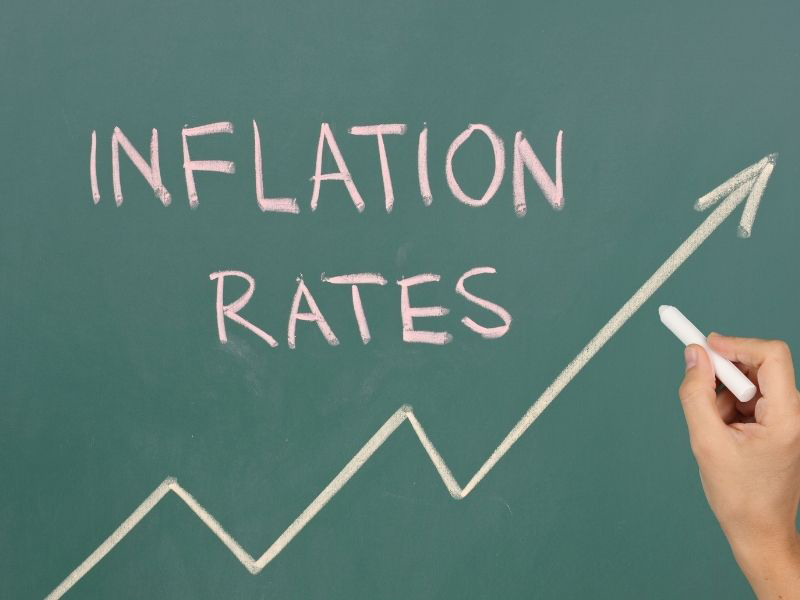Inflation has become an increasingly prevalent issue for state legislators in recent months. In August, President Biden signed the Inflation Reduction Act, which targets energy and prescription drug costs in hopes of having a positive impact on runaway costs. However, these measures will not go into effect immediately, and it likely will be months before the effects of this bill are seen.
As a result, there is plenty of room for continued action by state governments. Given that, expect states to continue to attempt to address inflation in 2023 through taxpayer rebates. Many states have recorded significant budget surpluses, affording them the ability to send rebates.
California and North Carolina both proposed gas rebate checks during the 2021-2022 session, and while neither measure passed, other states may introduce similar legislation as gas prices continue to increase.
General rebates or stimulus checks have been more successful. In California’s 2022-2023 budget, stimulus checks up to $1,050 were approved for eligible households. In May, Delaware sent residents who filed 2020 taxes $300 rebate payments. In Georgia, residents who filed their 2020 and 2021 tax returns will be eligible for rebate checks of up to $500. And, in June, Virginia approved a one-time $250 rebate payment to residents who filed a tax return prior to July 1.
In total, 14 states passed some form of rebate or stimulus check during the 2021-2022 session. These rebates are mostly targeted toward specific groups of people and are only available to those who filed tax returns. As inflation increases and states continue allocating budget surpluses, it is likely rebate checks will be debated next year as well.
Another approach to inflation that state legislators have taken this year that will likely continue in 2023 is to address price gouging. Minnesota, New York and Pennsylvania introduced bills to ban price gouging of gas, energy, food and other essential commodities. What’s more, Governors Andy Beshear in Kentucky and Tony Evers in Wisconsin both signed executive orders preventing fuel price gouging this year.
These price-gouging measures prevent fuel retailers from increasing the price of fuel by a specified percentage amount over a short period of time. These measures often set a price ceiling that retailers are not allowed to exceed. The primary target of price gouging efforts thus far has been gas, but it is likely that, if inflation continues to increase, other industries such as energy or food could be addressed in 2023.
Another way states may attempt to address inflation is to raise the minimum wage. Many states have already increased the minimum wage to $15 per hour in recent years, but now that Hawaii has enacted legislation to raise the wage to $18 per hour, additional states may follow suit. Currently, 13 states have automatic minimum wage increases tied to increases in the cost of living. As these inflation-tied increases go into effect, there likely will be debate by legislators within those states and within others that are not experiencing the same automatic increases.
A significant contributor to inflation have been the supply-chain disruptions that are a lingering result of the pandemic. Although supply-chain issues are difficult to address, legislators in Georgia, Idaho, Kentucky, New Jersey and Rhode Island introduced legislation in 2022 that would ease commercial driver restrictions, requirements and licensing. If supply chain issues continue to persist, it’s likely that states will continue to propose a rollback of these requirements.












